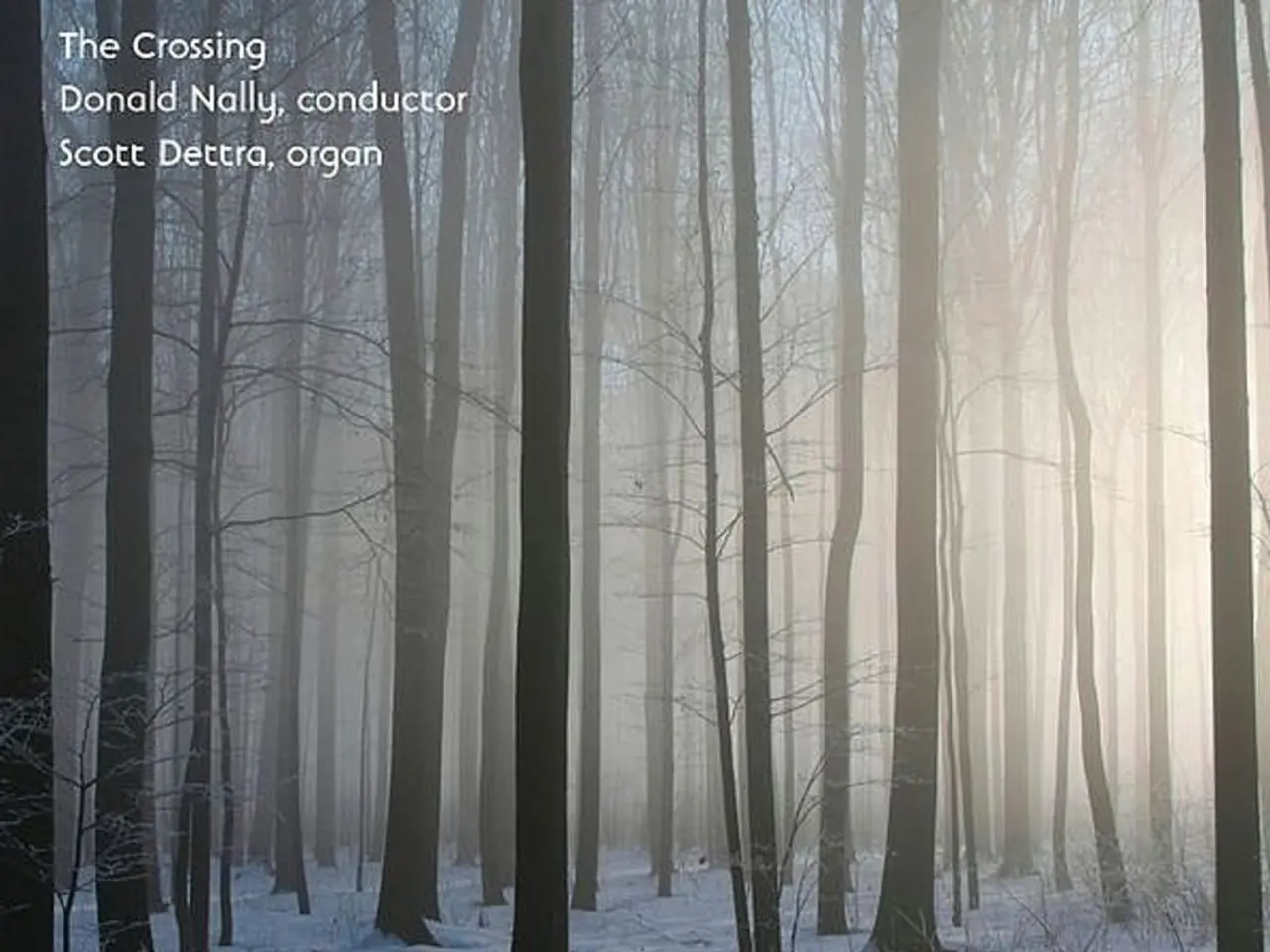Time shift to Winter Time - Details and Dates Revealed
The switch to winter time, also known as the end of daylight saving time, is a seasonal event that occurs every year on a specific date in October. Here's a look at the timeline of the switch over the past few years and the debates surrounding this practice.
- The switch to winter time in 2019 took place on October 27th, with the clocks being set back one hour at 3:00 AM.
- In 2020, the switch occurred on October 25th, and in 2022, it was on October 30th. The next switch is scheduled for October 29th in 2023, and in 2024, it will be on October 27th.
- The switch to winter time in 2021 took place on October 31st.
- Looking back, the first introduction of daylight saving time was in Germany on April 30, 1916, with the intention of reducing candle consumption.
- However, since then, the time change has been criticized due to lack of concrete evidence of its benefits. It has not been shown to have significant energy savings, and there are debates about its impact on traffic accidents and daily routines.
- Approximately 30-60% of people experience difficulties with the time change and disrupted daily rhythms.
- The extra hour gained during the switch to winter time is in the night before Sunday, making it a convenient time for many to catch up on sleep.
- It's important to note that daylight saving time is not universally practiced. Some countries and regions do not observe it.
- The idea of daylight saving time has a long history, dating back to 1784 when Benjamin Franklin suggested it. It was introduced throughout Europe in 1977 and standardized in 1994.
- Interestingly, there are more accidents during the switch to summer time, contrary to the assumption that the switch to winter time would cause more accidents due to reduced visibility in the mornings.
- The next switch to daylight saving time is on March 30, 2025, at 2 a.m., when the clock is set forward one hour in Germany, Austria, and Switzerland.
In conclusion, the switch to winter time is a seasonal event with a rich history and ongoing debates about its benefits and drawbacks. Whether you welcome the extra hour of sleep or question the practice's necessity, it's an interesting topic to consider as we move through the seasons.
Read also:
- United States tariffs pose a threat to India, necessitating the recruitment of adept negotiators or strategists, similar to those who had influenced Trump's decisions.
- Weekly happenings in the German Federal Parliament (Bundestag)
- Massive 8.8 earthquake hits off the coast of Russia's Kamchatka Peninsula, prompting Japan to issue a tsunami alert.
- Court petitions to reverse established decision on same-sex marriage legalization








